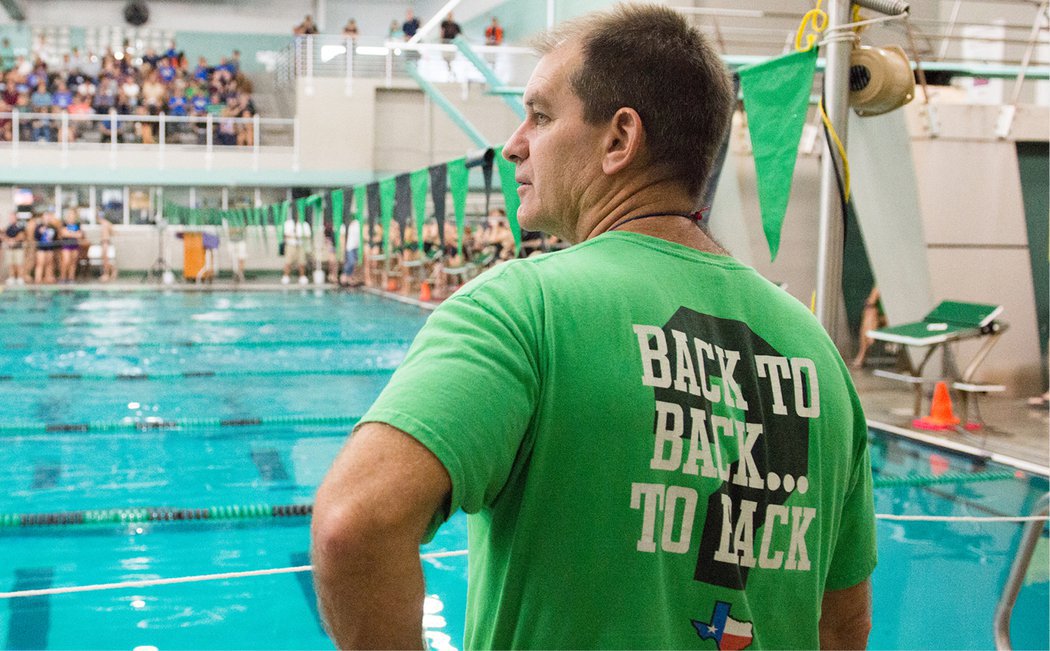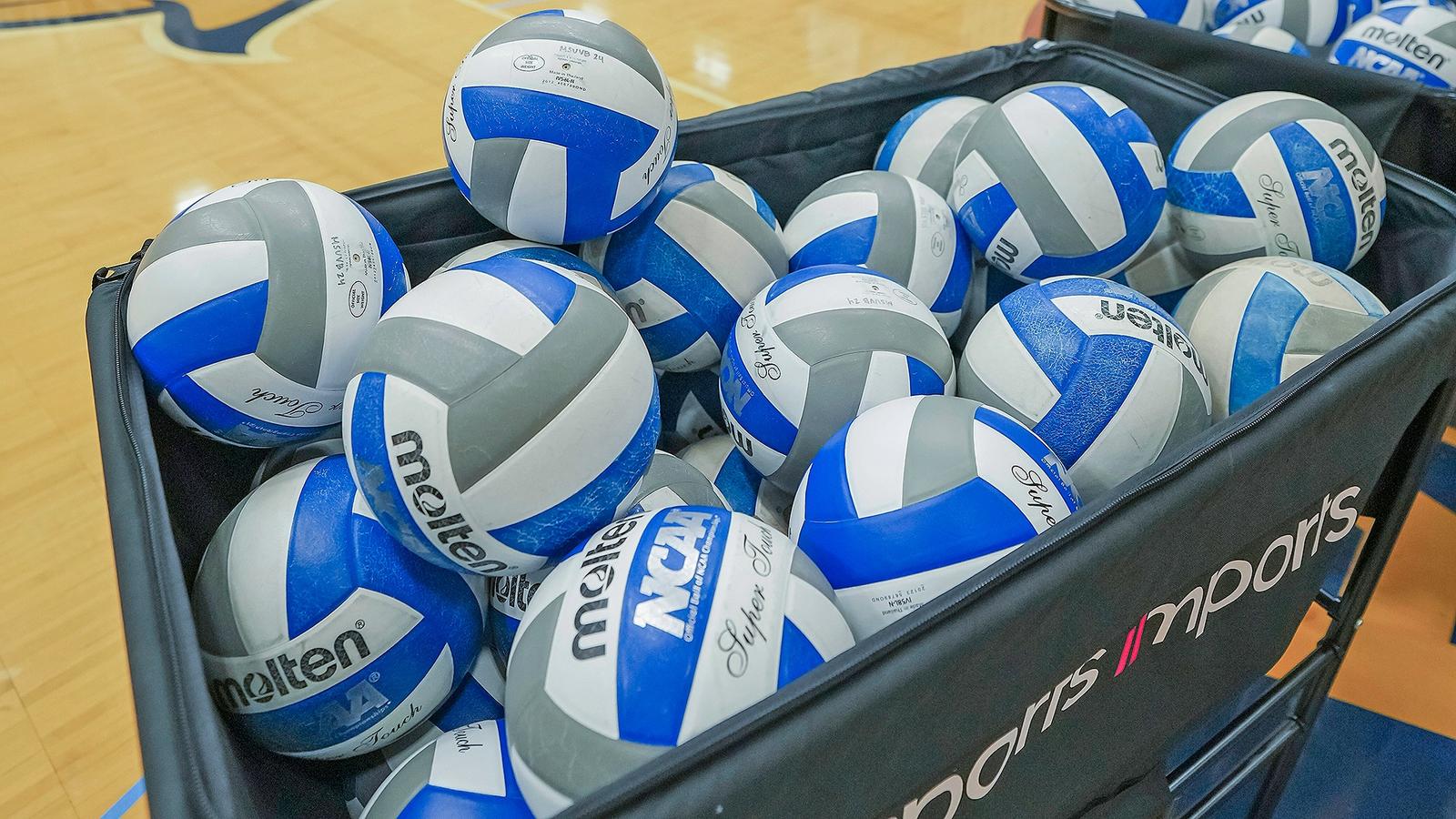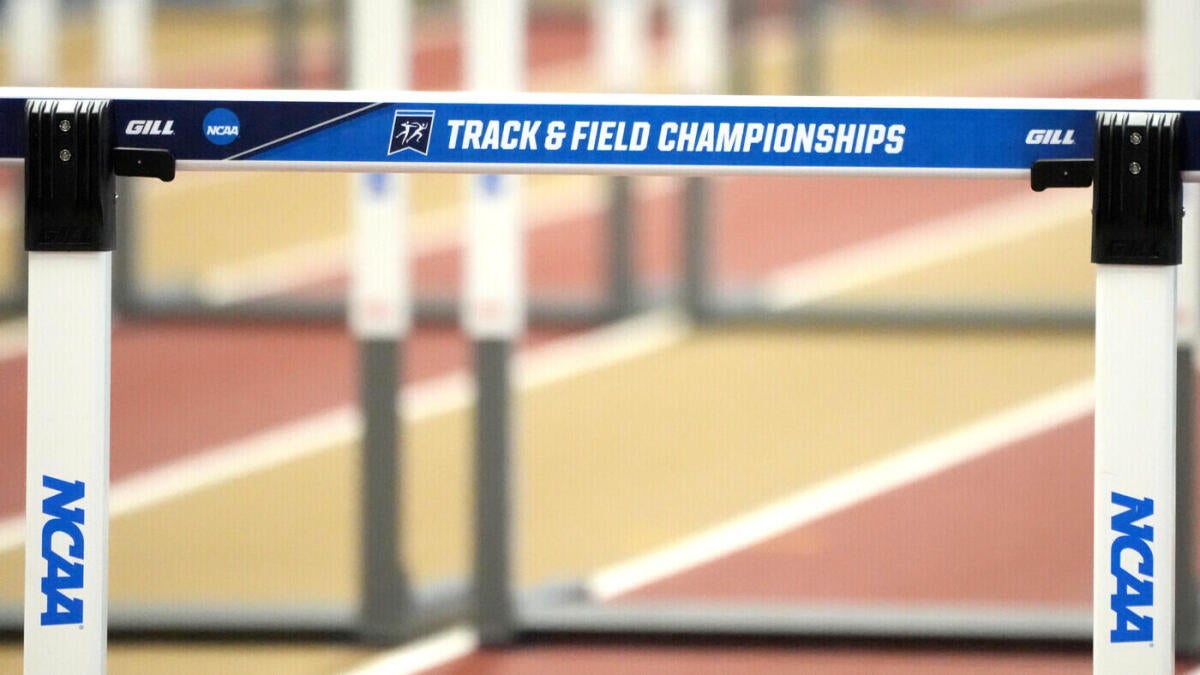A transgender female athlete sued Swarthmore College on Thursday, alleging the college violated Title IX when it banned her from competing on the women’s track and field team earlier this year.
Swarthmore informed the student, Evelyn “Evie” Parts, in February that she could no longer race for the women’s team in light of National Collegiate Athletic Association policy, according to the lawsuit filed in U.S. District Court in Philadelphia. The NCAA on Feb. 6 had barred transgender women from competing in varsity sports in response to an executive order from President Donald Trump and threatened sanctions against member schools that didn’t follow the policy.
Parts, who first began racing for Swarthmore in August 2020, was told by school officials that she could either run as part of the men’s team, or run unattached to the college, according to the lawsuit — meaning she would not be able to receive coaching, medical treatment, or transportation, and would have to pay for her own entry to races.
Parts was named a captain of the women’s track team last fall, and she graduated from Swarthmore in May.
The lawsuit said the directive barring her from the team caused severe emotional damage for Parts — who started hormone replacement therapy during her junior year of high school and whose “birth certificate, Social Security card and driver’s license confirm” her sex as female. Later in February, Parts “commenced engaging in self-harm” by cutting herself with a razor, the lawsuit says; in April, she told a friend she wanted to kill herself.
The lawsuit — which identified Parts as the only transgender female athlete at Swarthmore — comes as colleges have been caught in the crosshairs of the Trump administration’s conservative agenda.
The University of Pennsylvania earlier this summer struck a deal with the Trump administration, agreeing to apologize to female athletes who objected to transgender swimmer Lia Thomas’ participation on their team. The university also agreed to restore records and honors the women would have won if not for Thomas, and said that for athletics, it would adhere to the definition of male and female in one of Trump’s executive orders.
The White House had paused $175 million in federal funding to Penn, citing Thomas’ participation, and funding was restored after the university reached an agreement with the administration.
The NCAA adopted its policy limiting competition in women’s sports to athletes assigned female at birth in response to Trump‘s executive order that threatened to pull funding from schools that allowed transgender women to compete in women’s sports.
In her lawsuit, Parts accused Swarthmore of disregarding federal and state law in adopting the NCAA policy. Regulations enacted by the Pennsylvania Human Relations Commission in 2023 bar discrimination based on gender identity and sexual orientation.
According to the lawsuit, administrators told Parts that their counsel “could not find any way that federal or Pennsylvania state law superseded the NCAA ban on transgender athletes.”
The NCAA is also named as a defendant in the lawsuit, which says the organization showed a “reckless indifference to Evie’s rights as a woman” and illegally deprived her of equal opportunity.
“We stand by the allegations in the complaint,” Parts’ lawyer, Susie Cirilli, said Friday. “The NCAA is a private organization that issued a bigoted policy. Swarthmore College chose to follow that policy and disregard federal and state law.”
Spokespeople for Swarthmore did not immediately respond to a request for comment Friday. The NCAA national office declined to comment.
The lawsuit alleges that Swarthmore knew it was discriminating against Parts. Her sibling, Winter Parts, a nonbinary runner who had also raced for Swarthmore, individually called school administrators to advocate for their sister’s well-being, according to the complaint.
After Evie Parts got a lawyer, Swarthmore on April 11 “fully reinstated” her to compete on the women’s track team, according to the lawsuit. It doesn’t specify why the college made that decision, or what it communicated to Parts. It’s also not clear if the college faced repercussions from the NCAA or the federal government for allowing Parts to continue competing.
Two months earlier, Valerie Gomez, Swarthmore’s associate director of athletics, acknowledged the distress the ban was causing Parts, according to the lawsuit. It quotes an email from Gomez to the NCAA, describing how “many of us vehemently disagree with this transgender ban.”
“The damage — emotional and otherwise — that this causes some of our student-athletes is immeasurable and unfair,” Gomez said in the email, according to the lawsuit.




































































